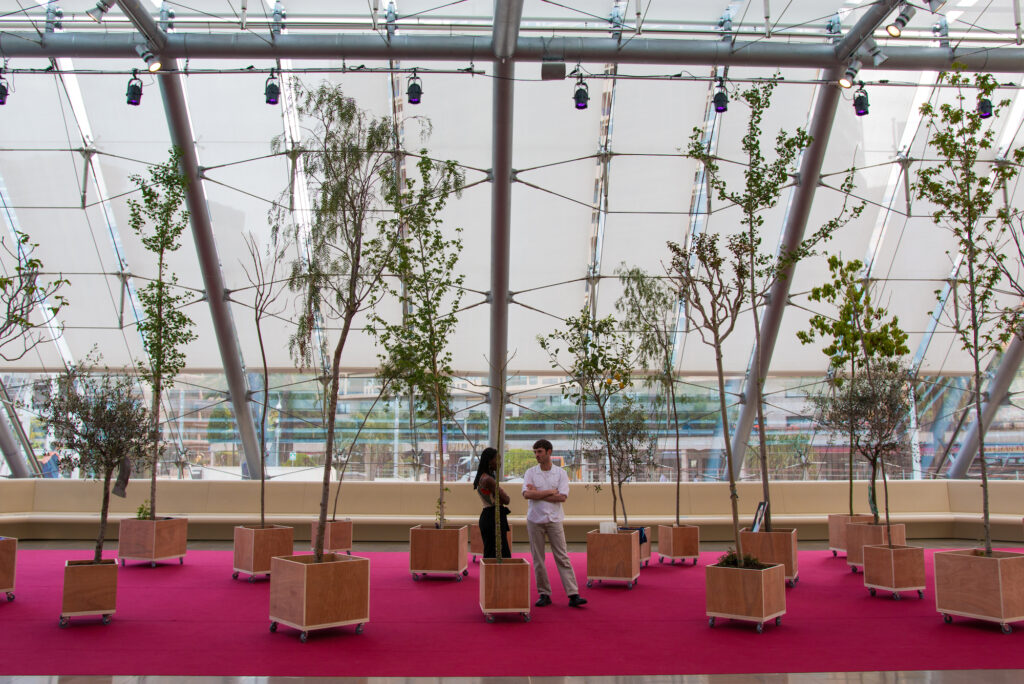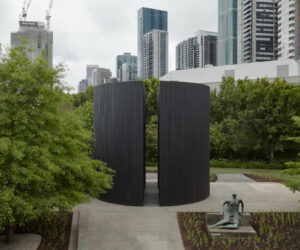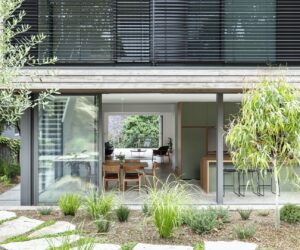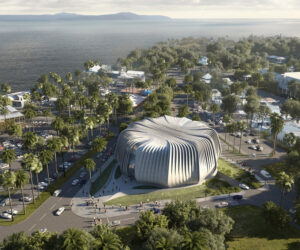Kaldor Public Art Projects and Carriageworks announce Project 34
Kaldor Public Art Projects and Carriageworks today announced Asad Raza will create Kaldor Public Art Project 34, a new work presented free to the public from 3 until 19 May 2019. The project represents the first time the New York-based artist has presented his work in Australia.
Raza’s project will take place in the Clothing Store building on the Carriageworks site in Eveleigh, Sydney.
Raza’s project, developed in consultation with biologists and environmental scientists, will comprise an installation with organic elements that will mediate interactions in the space, setting the scene for collaborations, rituals, and conversations.
As part of the project, Raza will invite a number of Australian artists to develop interventions of their own within the project space. Focusing on dialogue and collaboration, these artist interventions may take the form of installations, performances or experiments, reflecting an exchange with each individual artist.
The exhibition will evolve and change throughout its duration. A dedicated group of interlocutors will inhabit and take care of the space, as well as interact with visitors as they navigate the conditions of the work.
Kaldor Public Art Projects Director John Kaldor AO said: “We are delighted to present the first major new work by Asad Raza in Australia as our 34th project in the year that Kaldor Public Art Projects celebrates our 50th anniversary.”
Carriageworks Chair Sam Mostyn said:“This is the second time Carriageworks and Kaldor Public Art Projects have partnered on a major presentation for Sydney audiences, and we are thrilled to be working on this occasion with Asad Raza. Raza’s dynamic and collaborative project will extend across our community of visitors and engage our current studio artists. We look forward to presenting this major work at Carriageworks in May.”
Born in 1974 in Buffalo, USA and of Pakistani background, Raza works with experiences, human and non-human beings, and objects. He conceives of exhibitions as metabolic entities, zones of activity in which he constructs dialogue and scenarios between visitors and participants.
Past works include Untitled (plot for dialogue), for which Raza installed a tennis-like game in a deconsecrated church in Milan. Root sequence. Mother tongue, first shown at the 2017 Whitney Biennial, is a forest of twenty-six living trees with human caretakers in the museum. For home show, which took place at his apartment in New York, Raza asked friends, family and artists to intervene in his own life.



